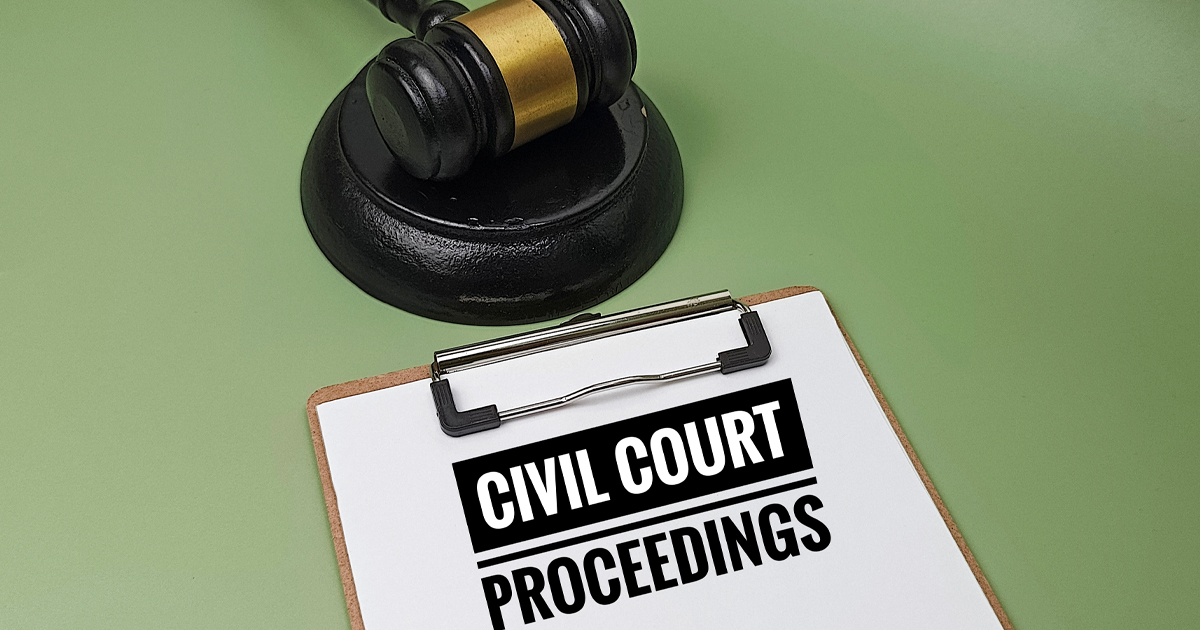When facing the possibility of divorce, many people find themselves asking the same urgent questions. How do I secure child maintenance? Should I file for divorce now or wait? What if my spouse refuses to cooperate? These are not just legal questions—they’re practical, deeply personal concerns that affect your daily life and your future.
This guide highlights 12 of the most common issues individuals encounter when preparing for divorce in Singapore, along with key insights into how these matters are typically handled under family law. These are the types of concerns our divorce lawyers address every day, and we’re here to help you navigate them.
We always emphasise to our clients the importance of understanding these issues clearly—because informed decisions often lead to better outcomes.
Can I get child maintenance before filing for divorce?
Yes. You can apply for a court order for interim maintenance through the Family Justice Courts using the Integrated Family Application Management System (iFAMS) with your SingPass. This ensures your child’s financial needs are covered while divorce proceedings are ongoing.
Can I backdate child maintenance claims?
You may request to backdate claims, but it is up to the judge’s discretion. Court officers may say you cannot backdate, but this is not a strict rule. Always indicate the start date of unpaid maintenance in your application.
Will the amount I claim now affect future maintenance in the divorce?
No. The interim maintenance order does not set a precedent. At the divorce hearing, your lawyer can submit that a higher amount should be ordered for the final maintenance order based on updated financial assessments.
Is it better to apply for maintenance first or file for divorce now?
You can do either. Filing both can save time if the court consolidates the matters. Both issues can also be addressed at mediation sessions scheduled by the court.
What legal reasons can I use to file for divorce?
The most common ground is “unreasonable behaviour.” You will need to provide examples and dates showing how your spouse’s conduct led to the breakdown of the marriage. Financial irresponsibility can be cited, supported by evidence.
How is child maintenance calculated between parents?
Both parents are legally obligated to maintain the child. First, a budget for the child’s reasonable expenses is established. The court then allocates responsibility based on the income ratio or another agreed-upon method.
What if I earn more than my spouse?
The court takes proportional income into account. However, your spouse is still expected to contribute, even if you earn more.
What if my spouse is underemployed or chooses not to work?
The court will consider earning capacity, not just current income. A person cannot avoid maintenance responsibilities by deliberately being unemployed or underreporting income. Case law supports the court’s right to impute income in such situations.
If I file first and we try to negotiate later, is it considered contested?
No, not necessarily. After filing, you can still resolve matters through negotiation or court mediation. Most cases settle during court mediation and are not treated as fully contested. Only unresolved issues proceed to trial.
I don’t agree to joint care and control of the child. What now?
You may apply for sole care and control and should be prepared to explain why it is in the child’s best interest. The court prioritises the child’s welfare.
Is a 50-50 property split fair if I paid more?
Not always. If you have paid a greater share, especially in CPF or cash contributions, you can argue for a greater proportion. Documented financial records are crucial.
Is it risky to settle matters without a lawyer?
Yes. Without proper legal advice, you may agree to terms that are not in your best interest or fail to account for key legal rights. Delays or informal arrangements often benefit the party avoiding responsibility. Getting early legal advice is critical.
Final Thoughts
Divorce in Singapore involves more than just submitting paperwork. It requires clear planning and a strong understanding of your rights. If you’re unsure where to start or how to protect your interests, speak to our team at GJC Law. We can help you understand your options, advise on your next steps, and represent you at every stage.













